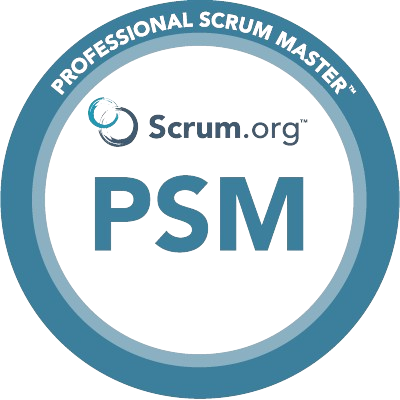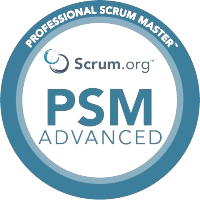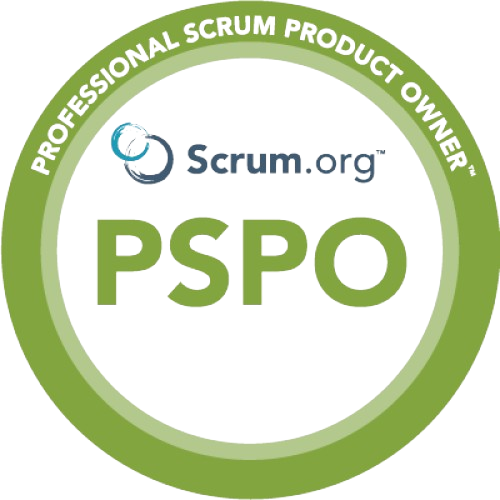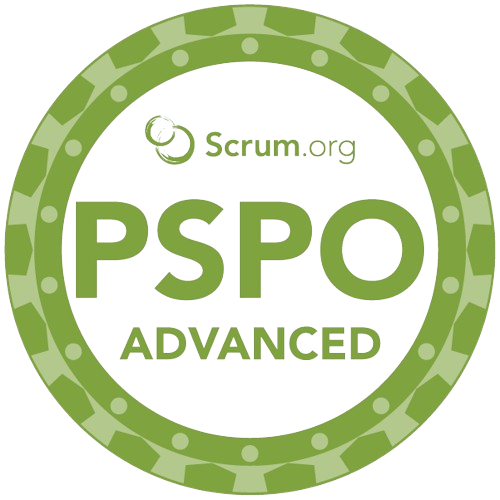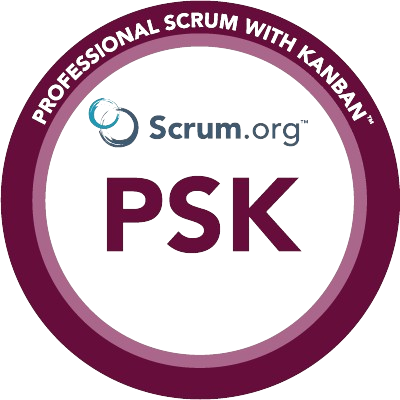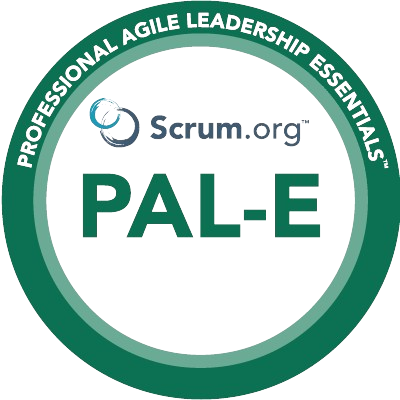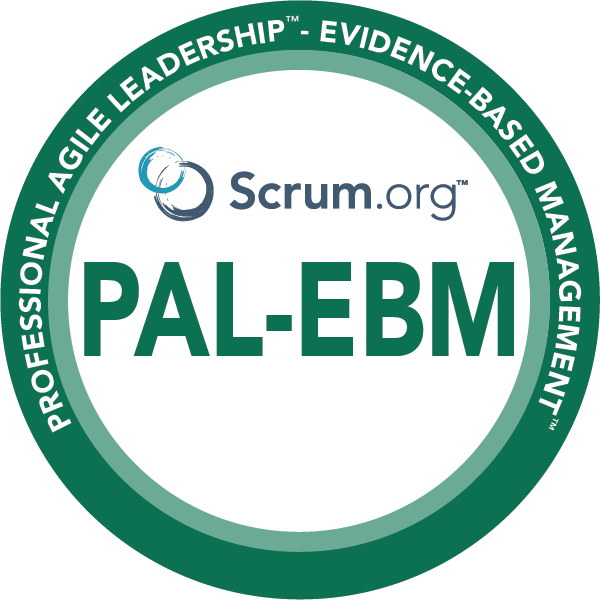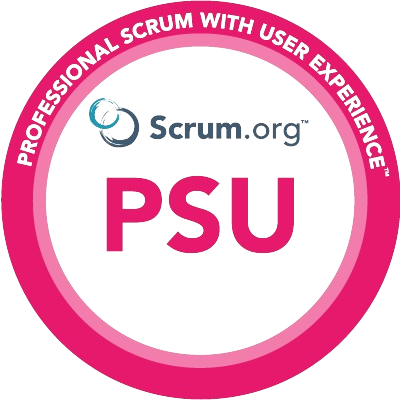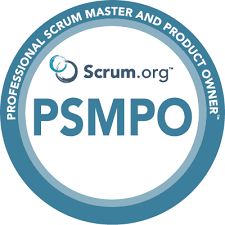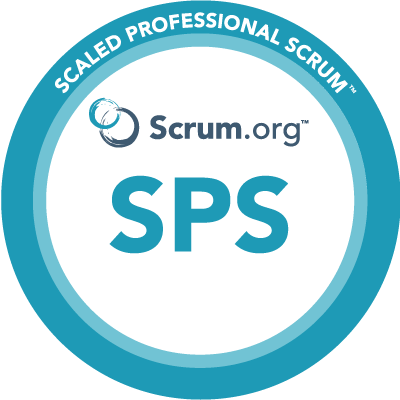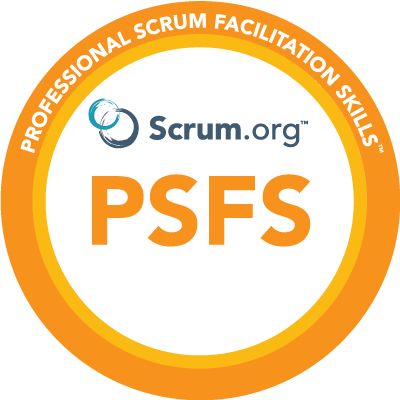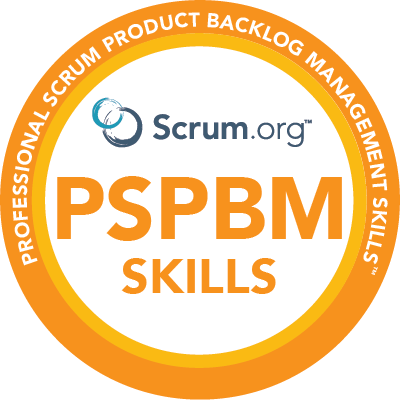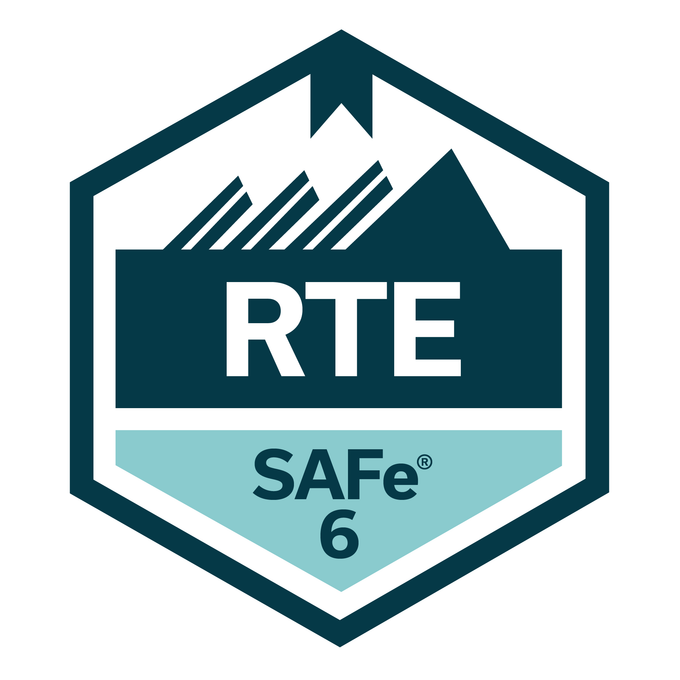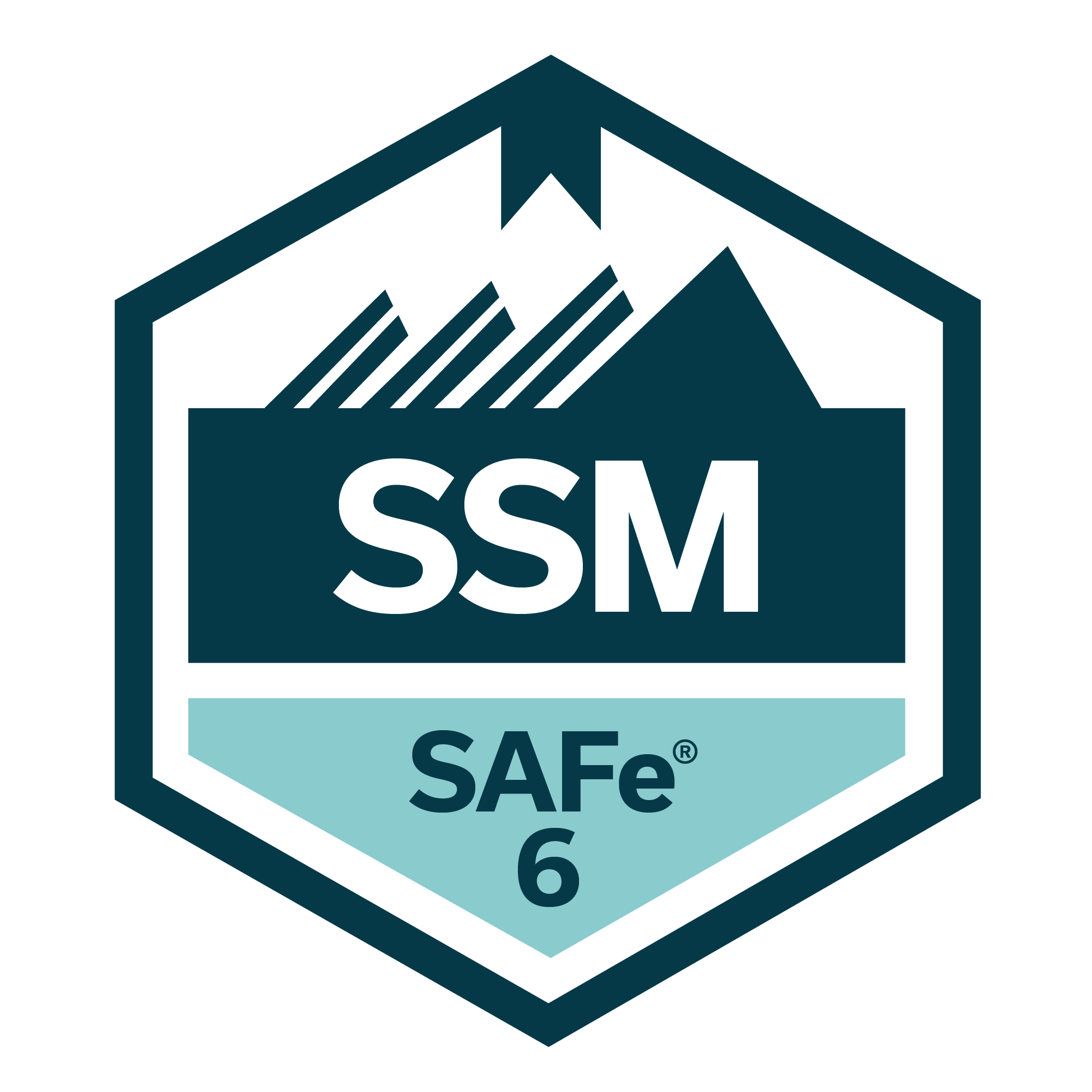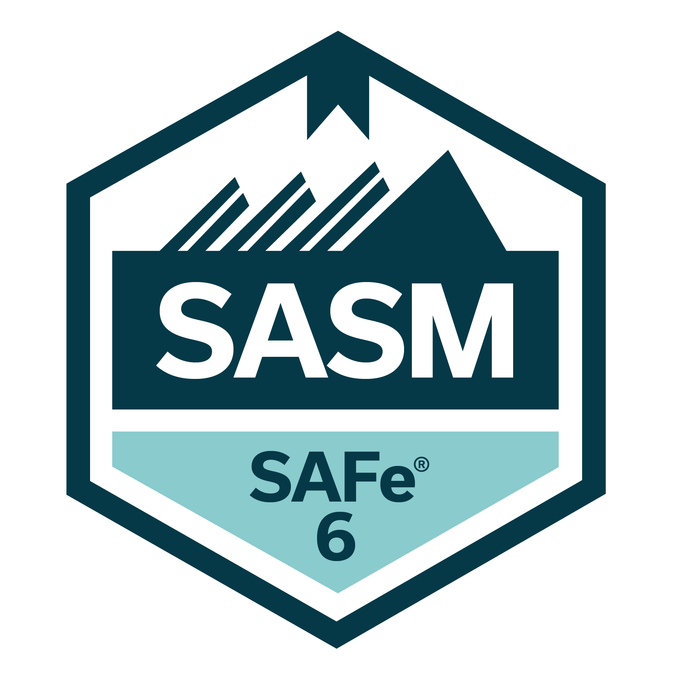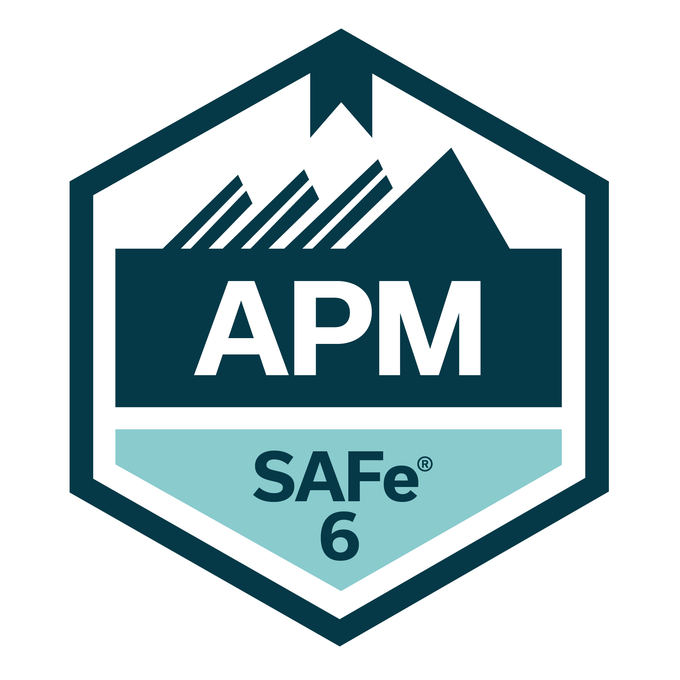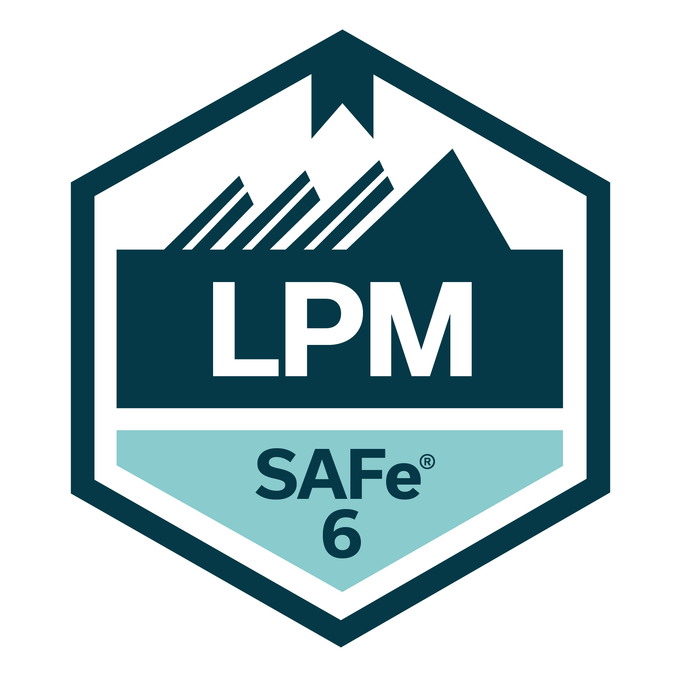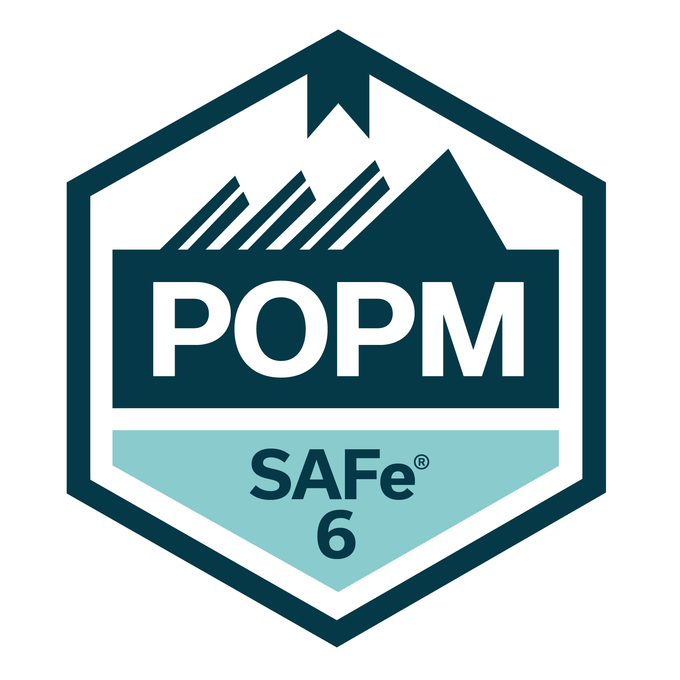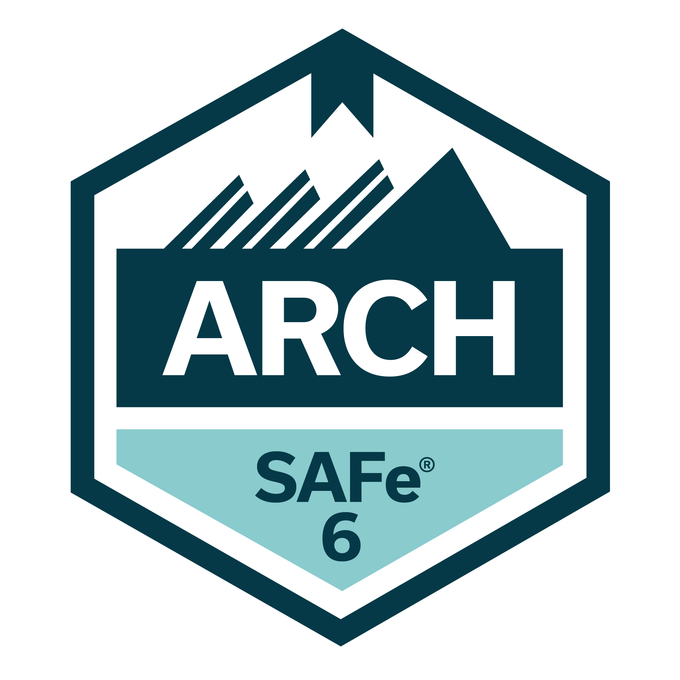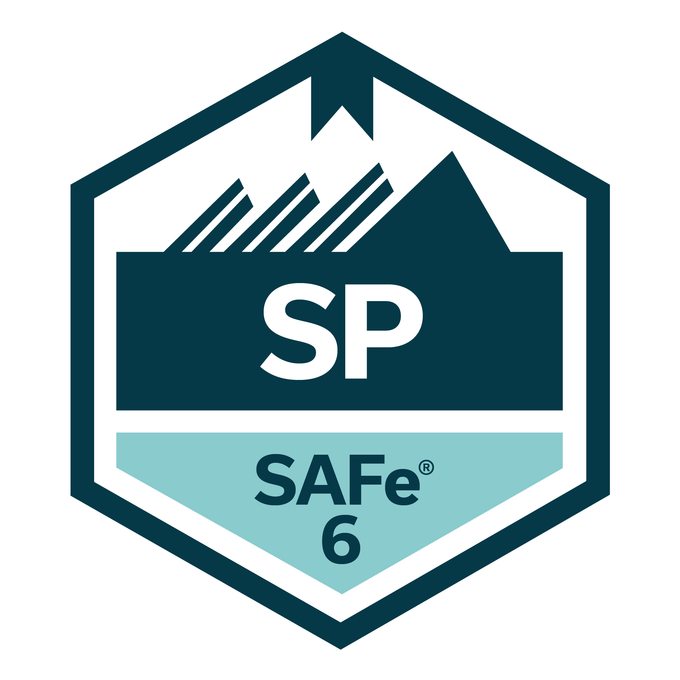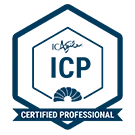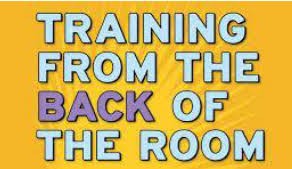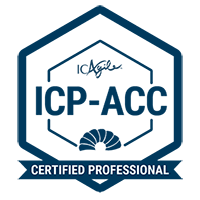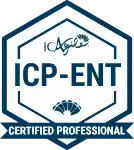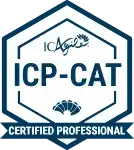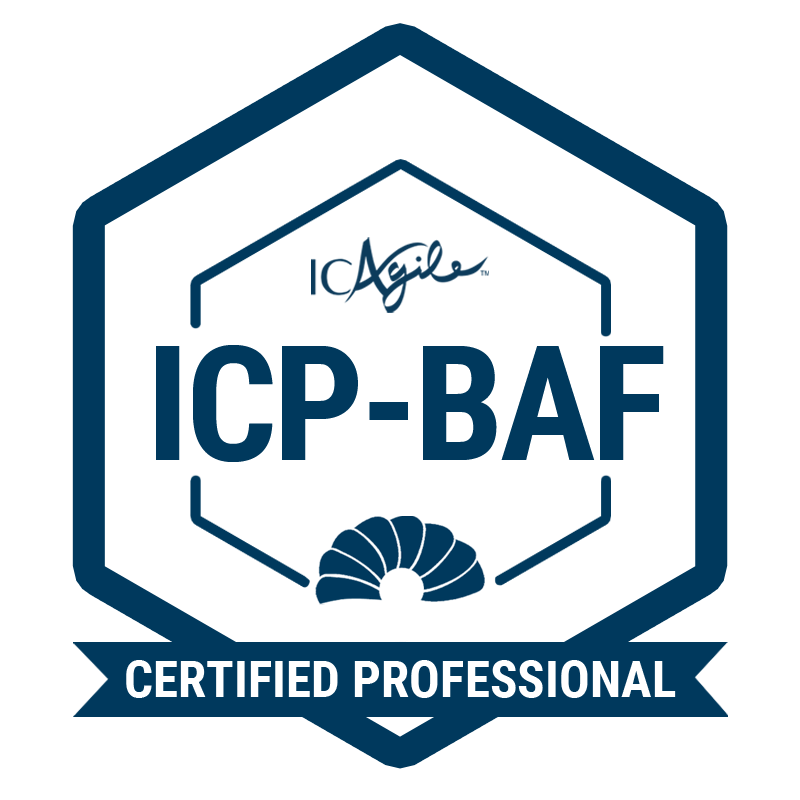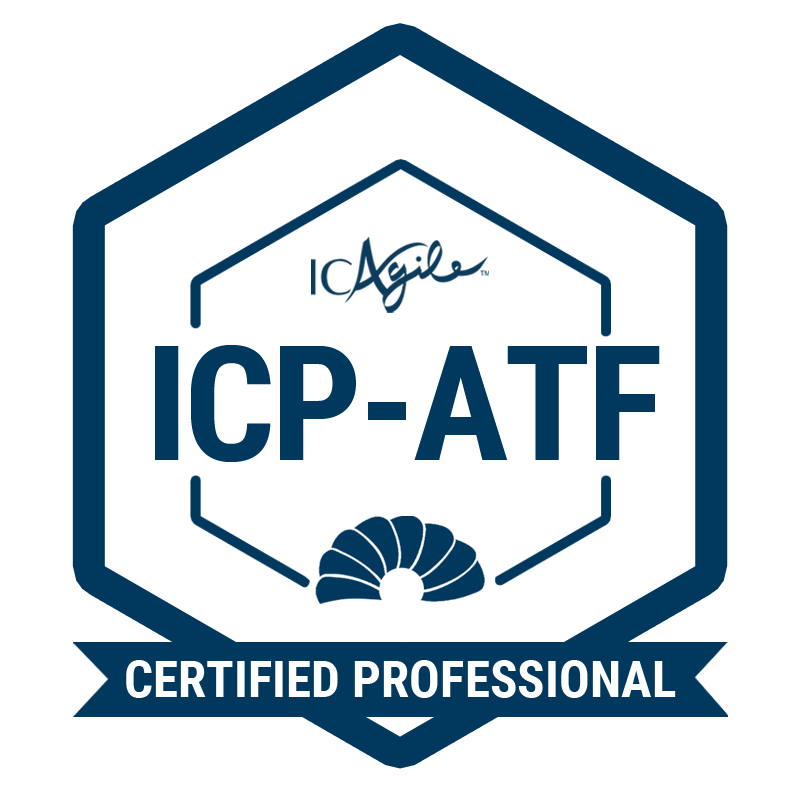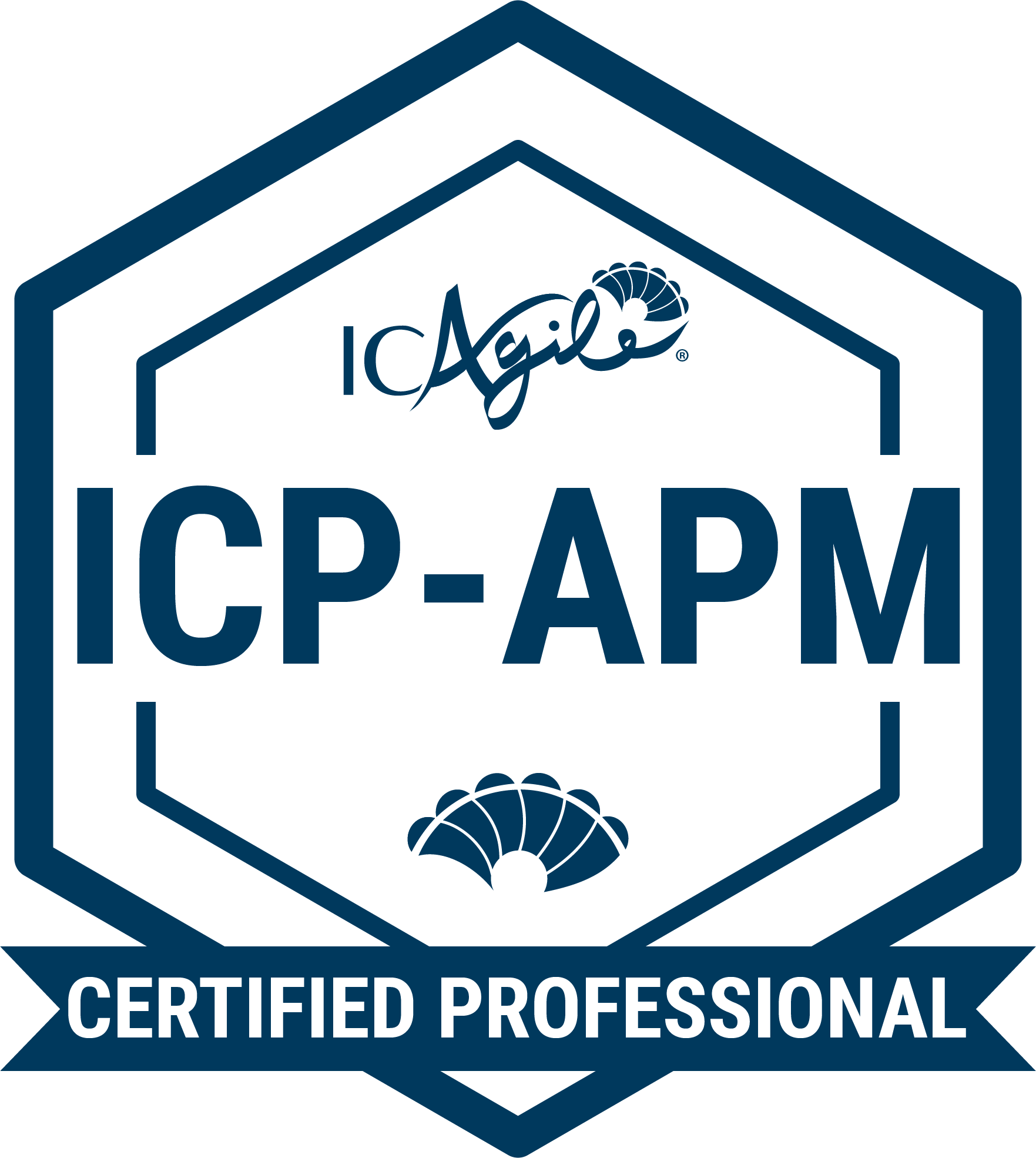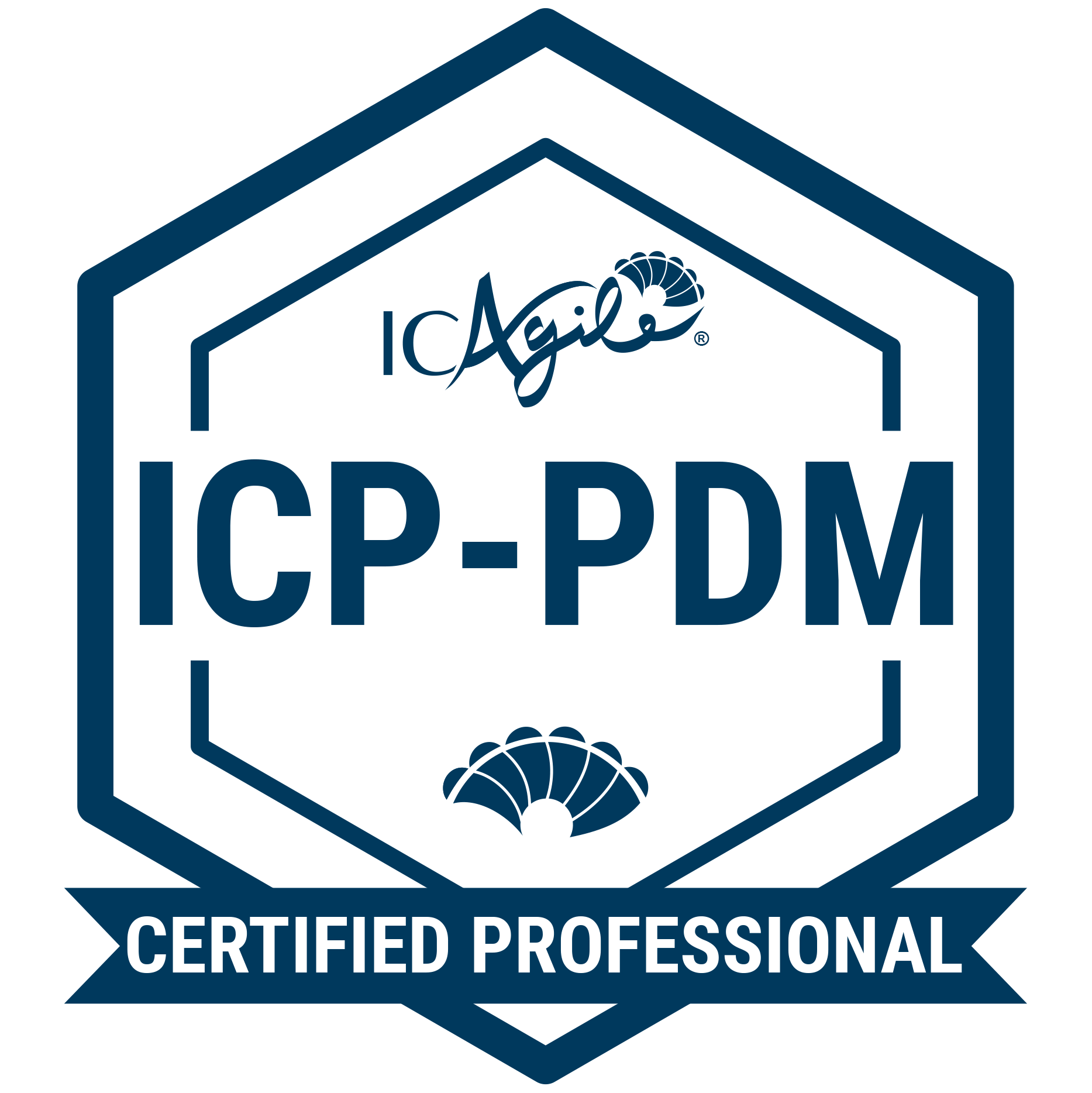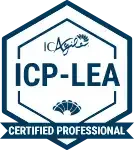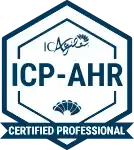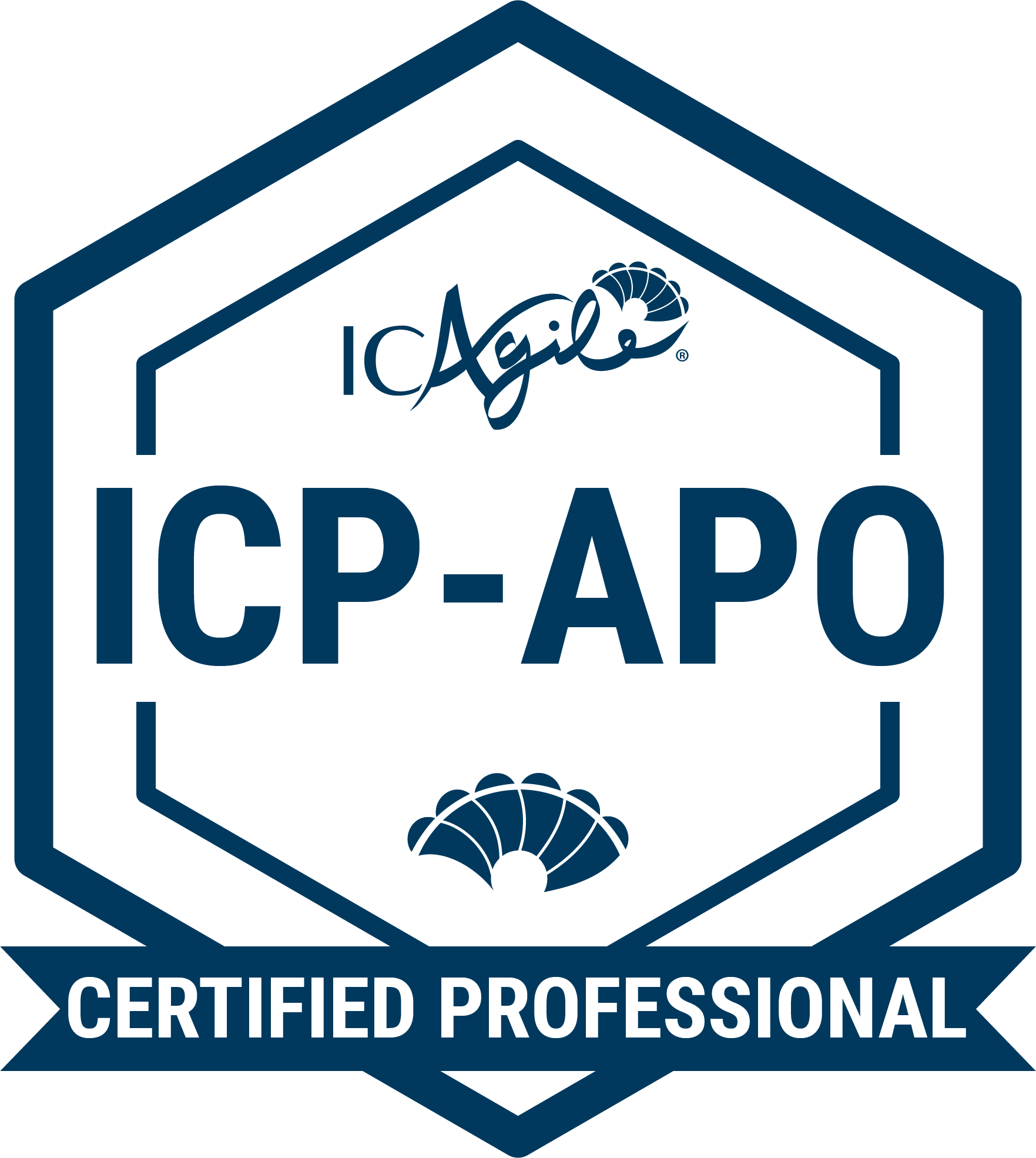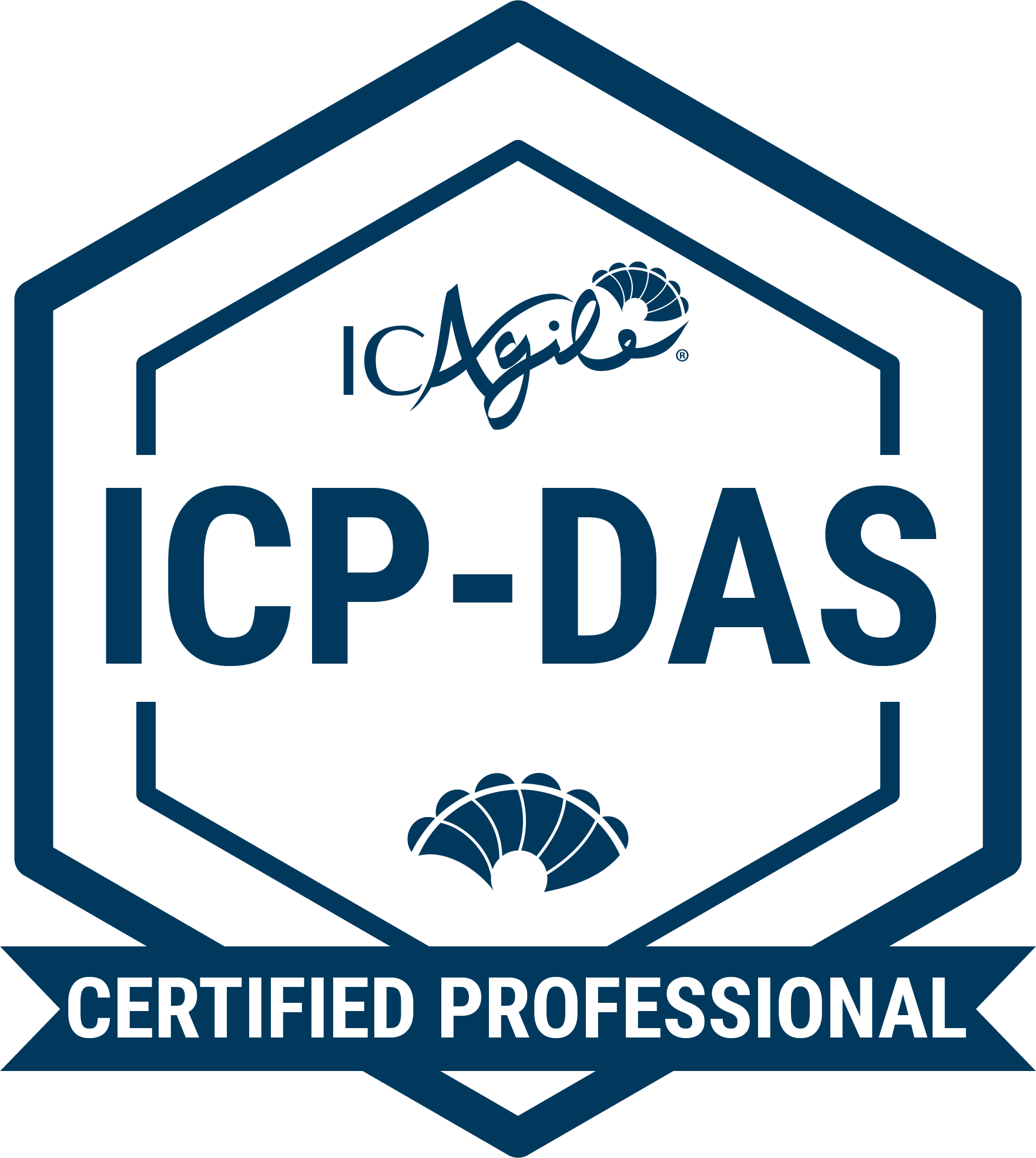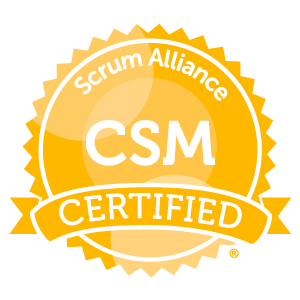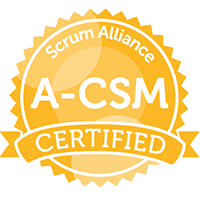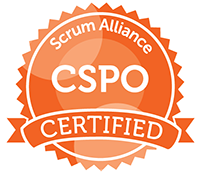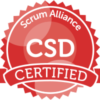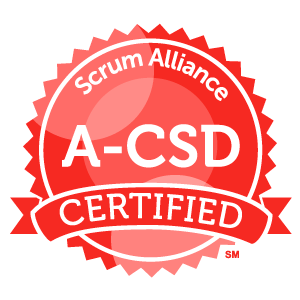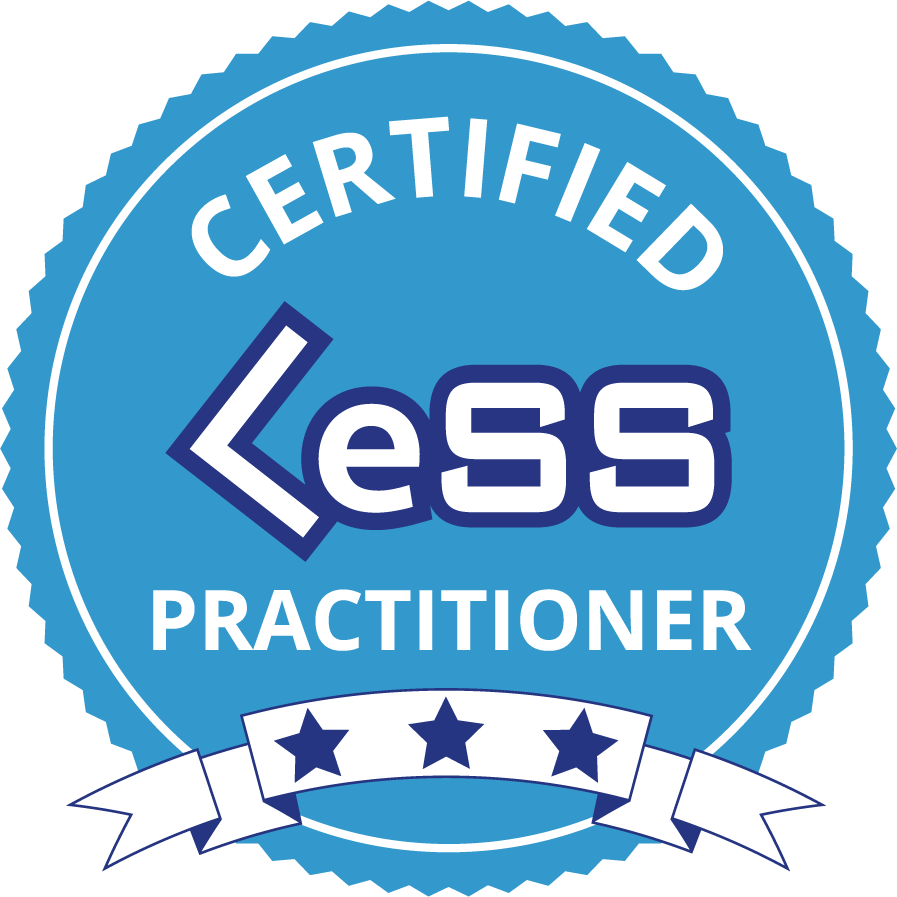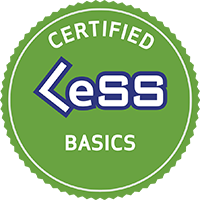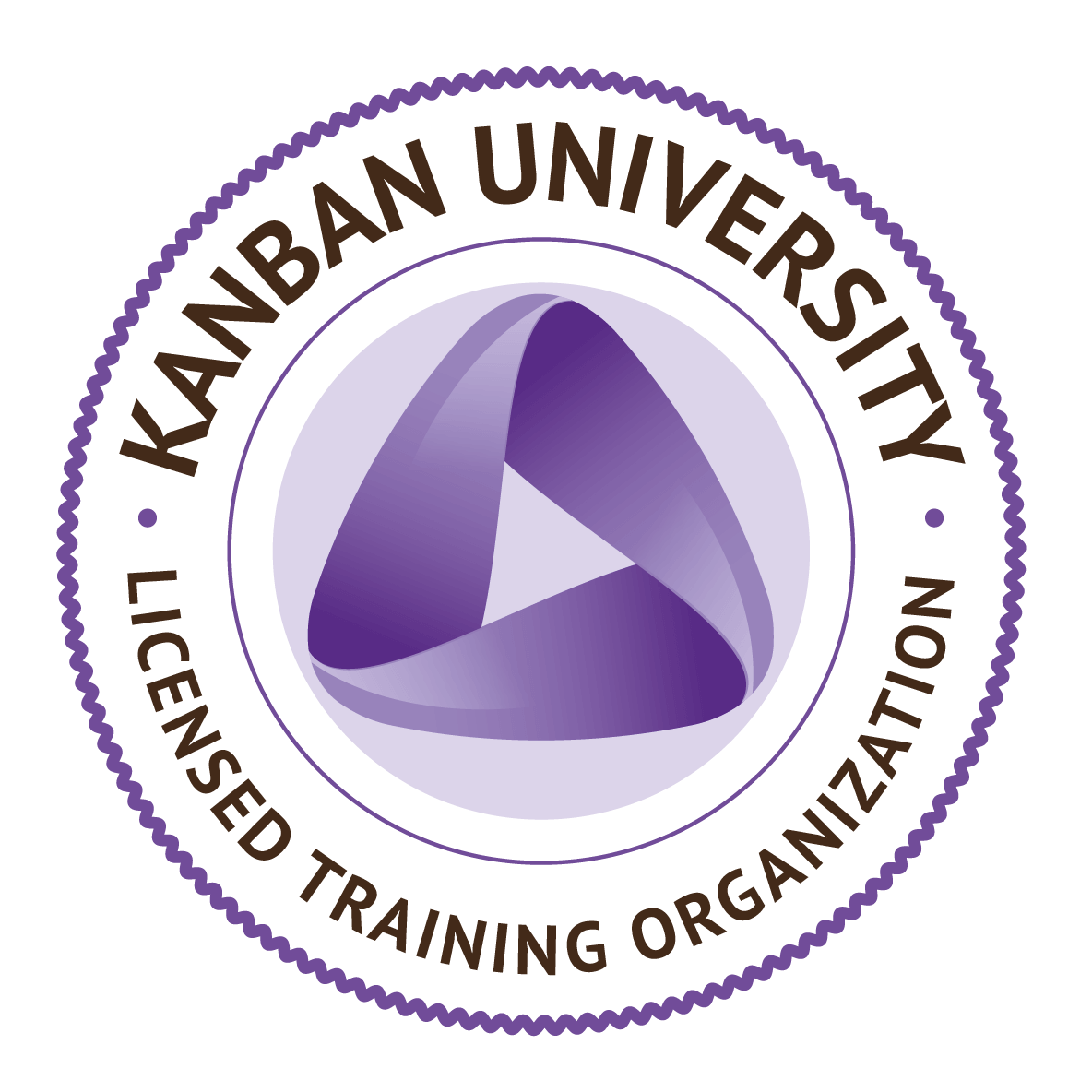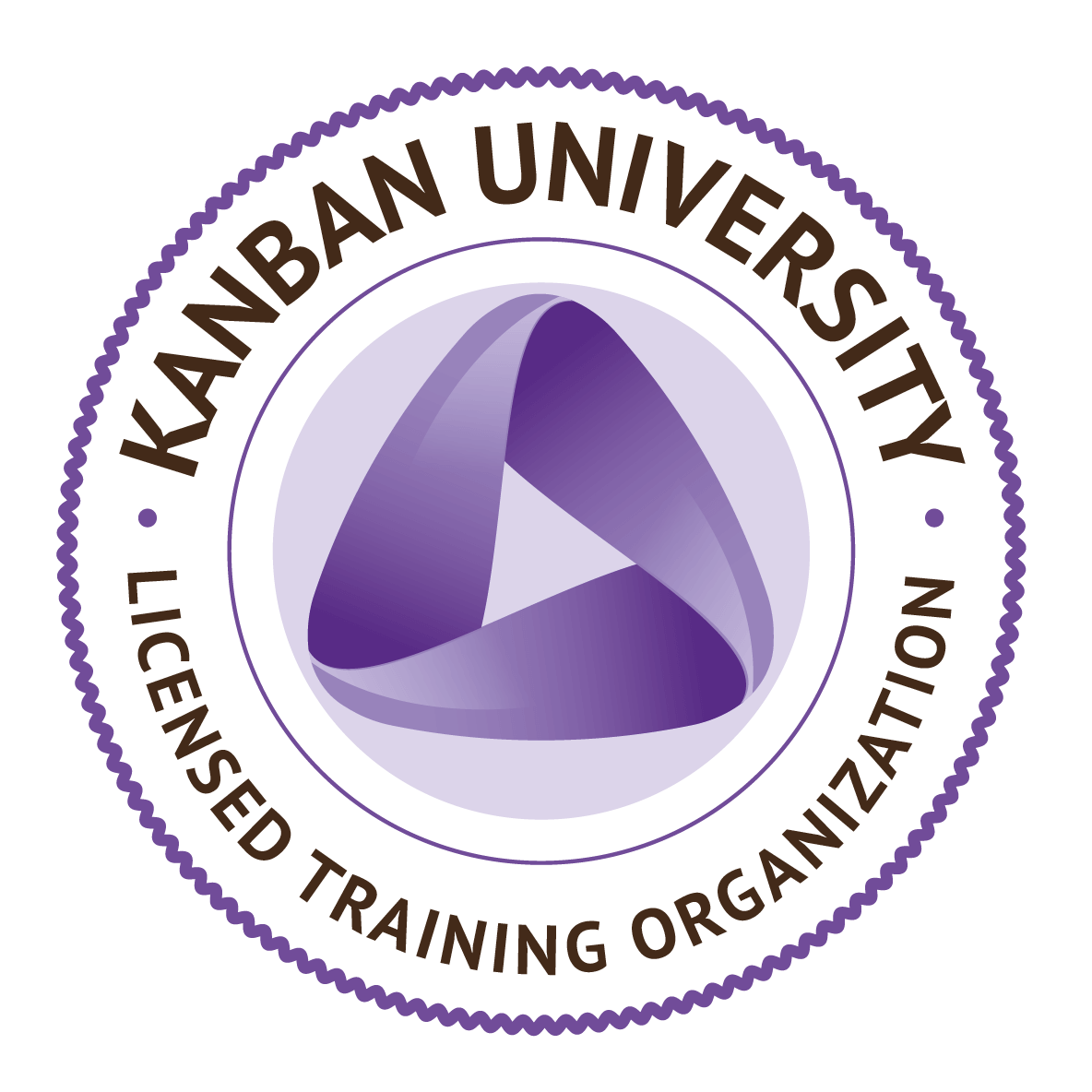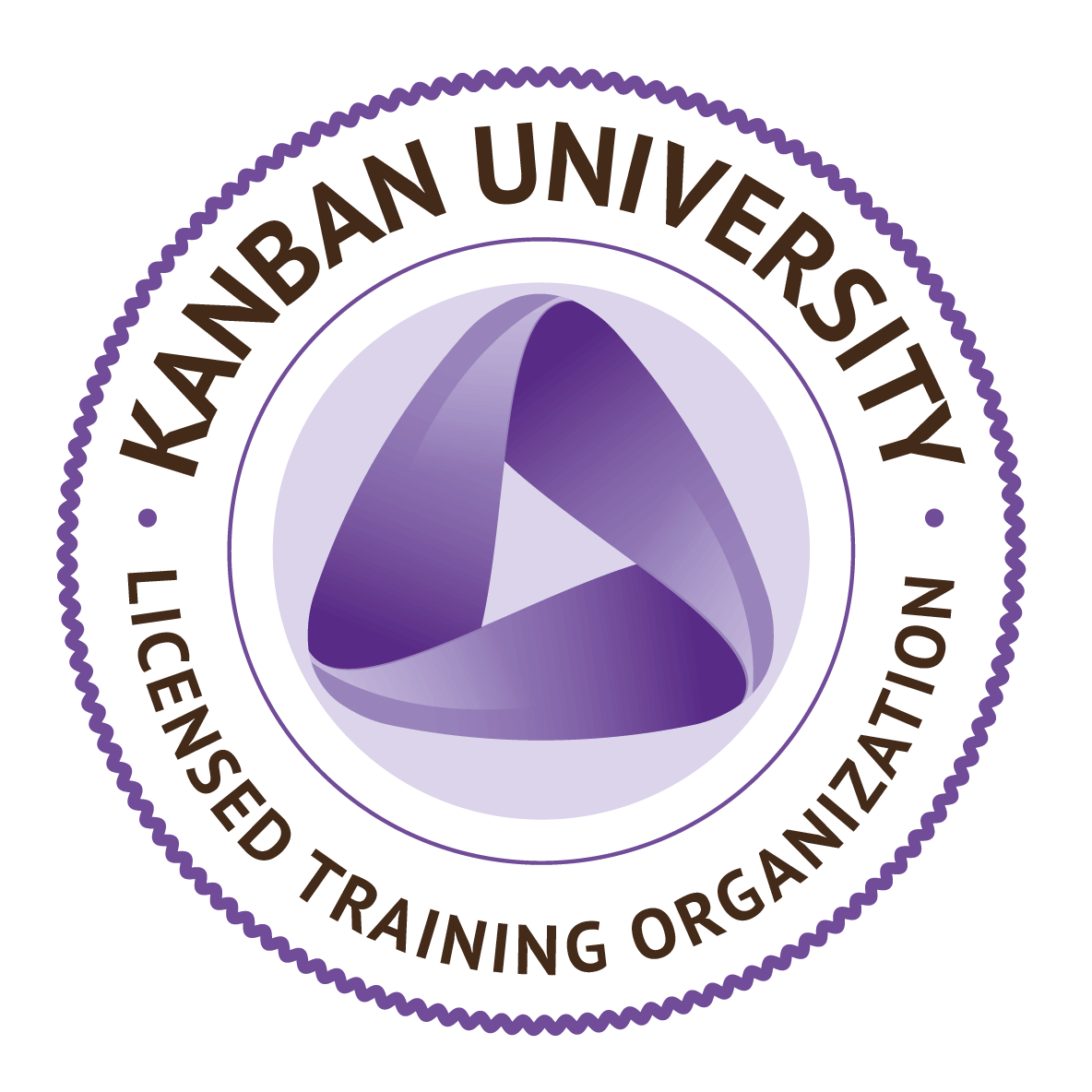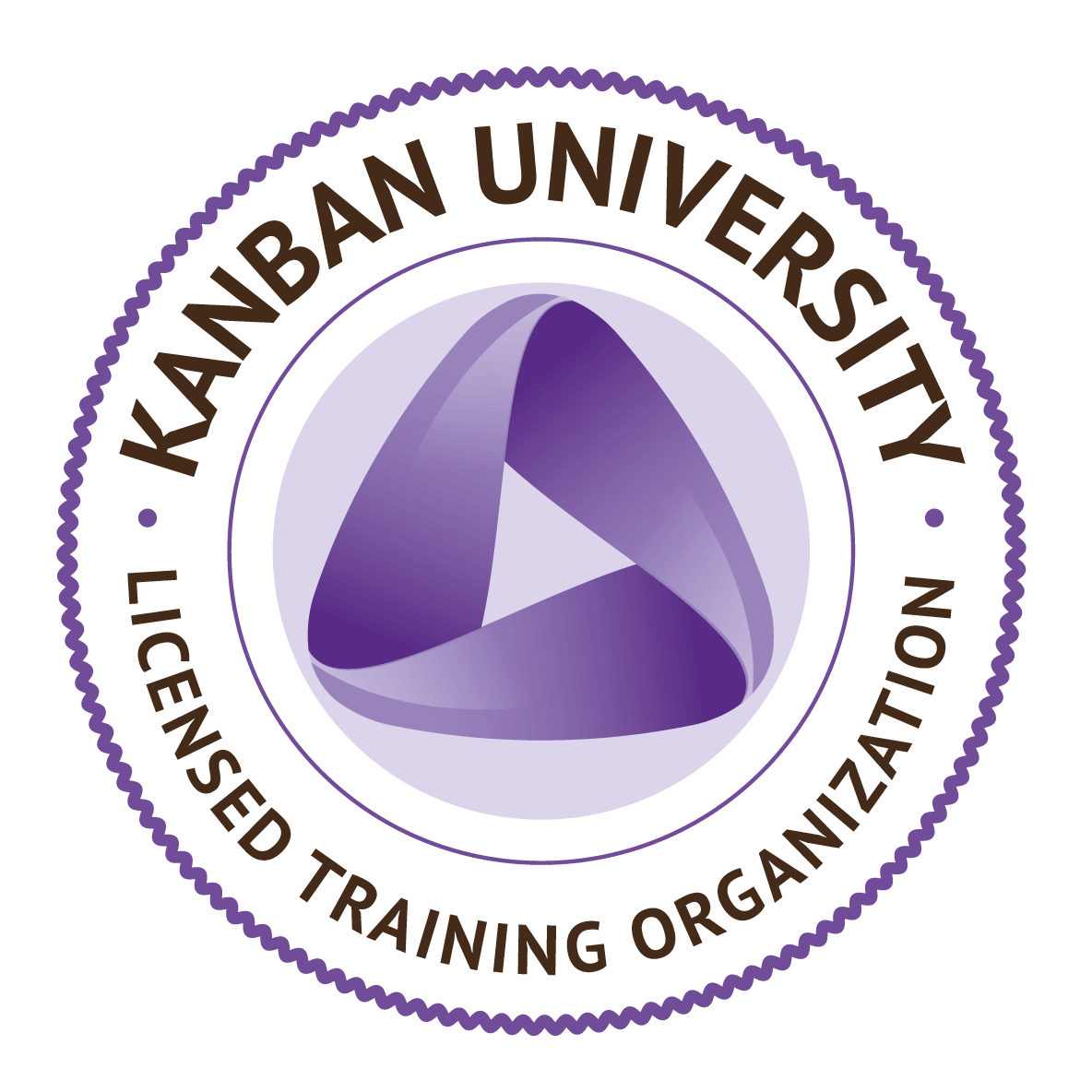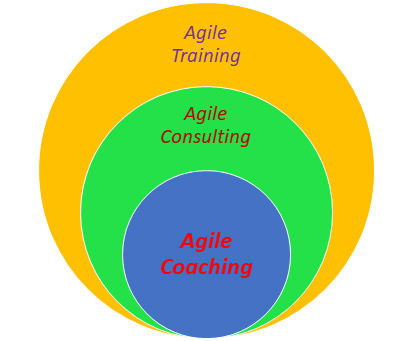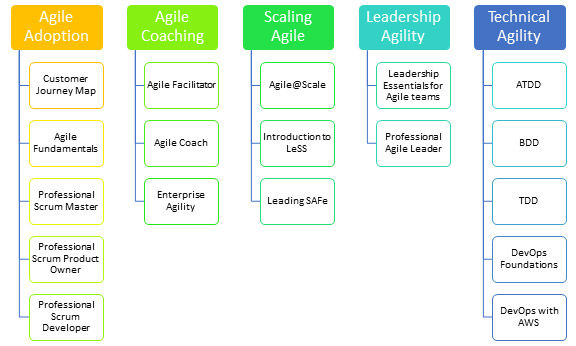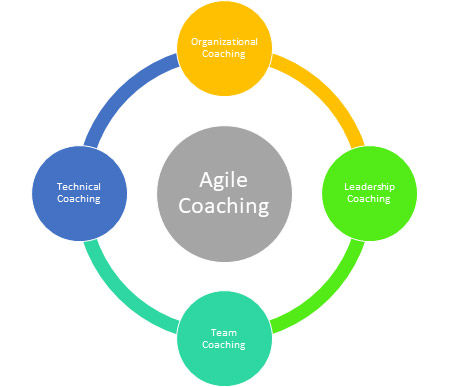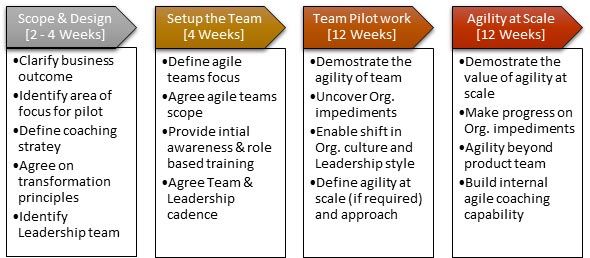Agile Training
Our offering
Here is the catalogue of trainings we offer off the shelf. Most of them are industry recognized and knowledge based certification program.
The above list is a subset of the bouquet of trainings we offer and for a complete list of trainings please refer Our Courses.
Our approach
We like to start by understanding your needs and based on the needs, we propose the bare minimum trainings, which could be custom created trainings tailored for your organization’s structure and business model.
Agile Consulting
Our consulting approach is very simple and focused where based on the initial discussions and findings our experienced consultant will visit your organization, embed themselves with the teams and start working with them directly. Our experts take an empirical approach to transformation and will identify the challenges, propose the solution and if required solve it for the teams.
Our consulting engagements are short to midterm only with a focus on getting things done and we need to put into action a strategy for the long term sustainability of the change in parallel. Our experience is that Coaching is the key to sustainable agility.
Organizational / Strategy Coaching
In our experience working with multiple organizations including fortune 500 organizations we have realized that a team can be only as agile as the team’s decision makers (leadership team) allow them to be. So, to set the foundation for sustainable agility we engage with the Leadership team to help them understand the need and their role in Agility thus improving the organizational agility and business agility. Refer the Details of Organizational Coaching section for more details.
Leadership Coaching
We believe Leadership coaching is a niche and a new area especially the Asian countries. We need the leader’s active contribution and support during their department’s agile adoption without which the teams’ are severely impaired in their ability to navigate this change process is why we recommend leadership coaching as part of the package we offer.
Team / Execution Coaching
Here the coach works with one to four teams (we do not go for more than 4 teams at any given point of time) to improve the teams working and the agile practices. It is common for a coach to take on the Scrum Master role to make the change more effective and efficient. Refer the Details of Team Coaching section for more details
Technical Coaching
Here the coach works with a team on their actual codebase in order to introduce or improve the existing technical practices and adopt agile development techniques such as SOLID principles, simple design, refactoring, ATDD, TDD, BDD, automating unit testing, CI / CD pipeline setup, etc.
Details Of Organizational Coaching
The goal of organizational coaching is to help Organization / Leadership team to structure their organization so that it gets the most amount of benefits by transitioning to agile way of working. In this there will be lot of overlapping between the Leadership coaching and Organizational coaching.
In this process a coach typically focuses on:
- Helping to have a clear vision of how an agile organization could be
- Organizational Design and Organizational structure
- Scaling Agile across Organization
- Role of management
- Facilitating change
- Target setting
- Managing an organizational impediments backlog
- Changing management practices from controlling day-to-day work to enabling capability
- Managing work: product backlogs and how the organization manages them
- Dealing with interruptions
- Human Resource practices such as appraisals and career paths
- Facilitating organizational release / roadmap planning and retrospectives
The coach works closely together with management. Typical activities of an organizational coach include:
Training and workshops
- It is important for an organization to have a very clear understanding of agile and lean development to build a vision of where their organization and structure might be over time.
- Basic understanding is often created in training and discussions whereas vision and initial actions are often created in a focused workshop.
Joining management meetings
- A coach can join regular management meetings to observe the discussion and decision making meetings
- The coach can give feedback on how to improve that and provide ideas to work towards their organizational vision.
Observe on all levels
- In many organizations, there is often a gap between what management sees and what is happening ‘on the floor’.
- A coach spends a significant amount of time observing the results of management actions to close the feedback loop and help management to improve their actions.
One-on-one coaching and discussions
- Often people have questions or confusion about their role and work while transforming to a more agile organization.
- These often come out in one-on-one discussions with people which encourage learning, discussion and moving towards the organizational vision.
Our Engagement Model
We blend the organizational coaching and the leadership coaching as both are not separable. This is an important aspect of the agile coaching as we need to have a realistic strategy in place.
Details Of Team Coaching
The goal of team coaching is to help the Team become a better self-managing team. This often also includes coaching the Scrum Master so that s/he can keep coaching the team in the future. No team works without a context, so this type of coaching does also focus on the organization and the technical practices but does so from the team perspective.
A team coach typically focuses on:
- Team responsibilities with self-managing teams
- Facilitation
- Improving the team’s decision making and conflict resolution
- Transparency in the team
- Making organizational impediments visible
- Improving the relationship between the Team and the Product Owner
- Product Ownership (of both the team, the PO, and other stakeholders)
- Role and contribution of the team’s management
- Improve Scrum practices (and technical practices)
- Educate and coach the team’s (future) Scrum Master
The coach typically works in a similar role as the Scrum Master, either acting as Scrum Master or coaching the existing Scrum Master. Typical activities a team coaching include:
Facilitating Scrum events
- Teams often have a lot of improvement opportunity in how they do their Sprint Planning, Daily Scrum, Review & Retrospective, and their Backlog Refinement. A team coach might facilitate these workshops to show how they could be done effectively and then tries to increase team ownership of these events.
Training and workshops such as creating working agreements
- A good understanding of Scrum and self-managing teams is necessary before a team begins their journey as a self-managing team. A coach provides training in this and helps the team improve by, for example, facilitating workshops to establish team working agreements.
Shadowing Scrum Master
- A team coach is often a temporary Scrum Master. But after a while, s/he typically hands over the Scrum Master Job to someone else. S/he spends a lot of time explaining and coaching the Scrum Master by shadowing what s/he is doing and providing feedback.
Observing and one-on-one discussion
- A team coach will spend a significant amount of time simply observing how the team and its environment are doing, looking for improvement opportunities and providing feedback and asking questions to help the team to reflect.
Discussions
- The team coach discuss with the team on teams and Scrum and instilling an appreciation for teams and how they can work.
Our Engagement Model
Our coaches are trained, skilled and experienced at multiple coaching facets. A coach who does organizational coaching also can coach one or two teams at the same time. Or a team coach might also play a technical coach for another team
 Enroll in ANY Agile, Scrum & SAFe course and get PMP Training absolutely FREE!
Enroll in ANY Agile, Scrum & SAFe course and get PMP Training absolutely FREE!

